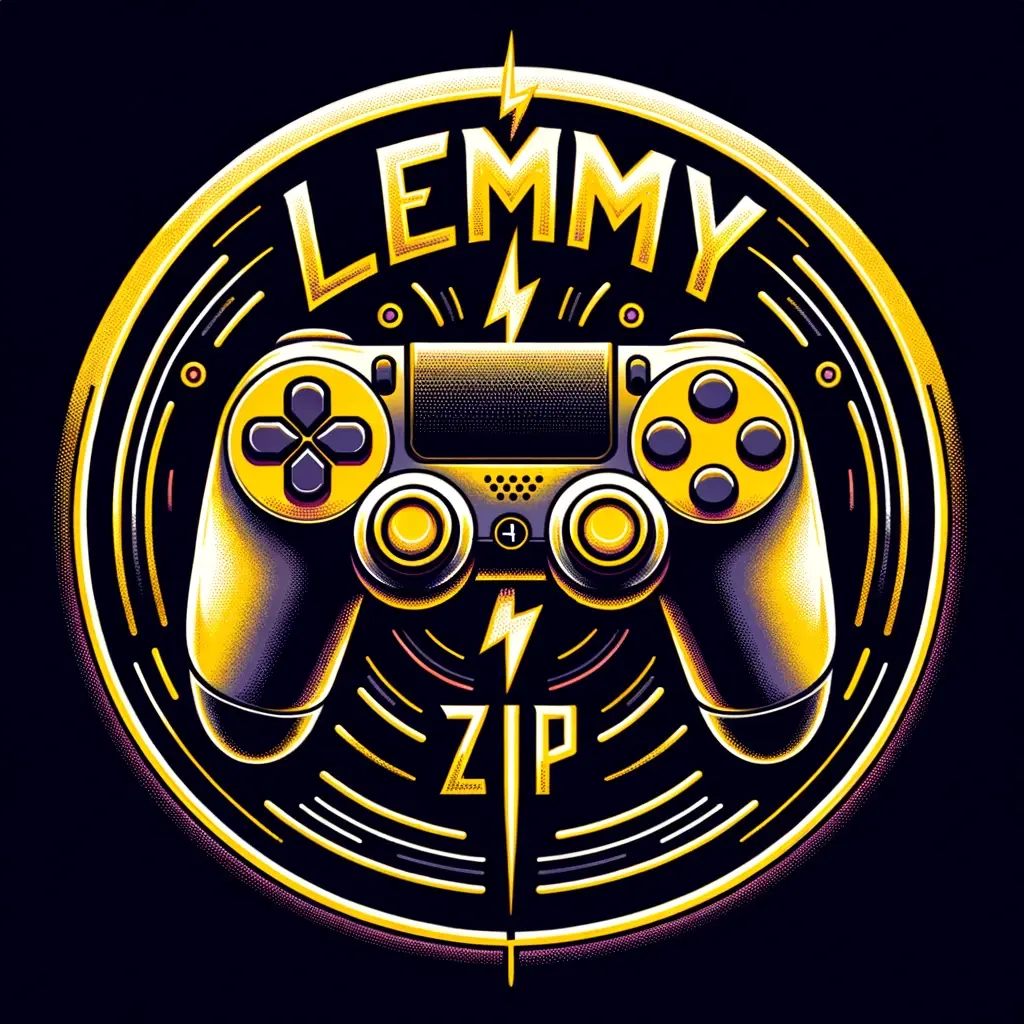

What the heck does “more ambient” even mean?
you’ll be able to speak to your computer while you’re writing, inking, or interacting with another person. You should be able to have a computer semantically understand your intent to interact with it
God save us all…





I think Trump open war against them helps, I mean, if you cut them our of critical supply, you push them to develop their own, they’re not stupid.